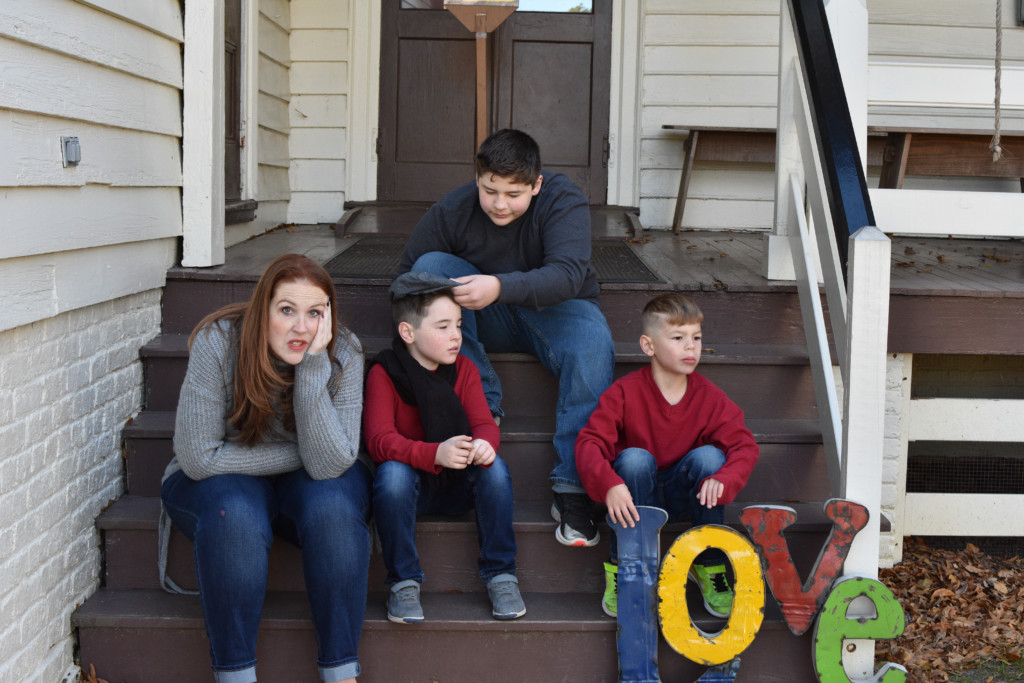“I don’t think parents reading their children bedtime stories should constantly have in their minds the way that they are unfairly disadvantaging other people’s children, but I think they should have that thought occasionally. – Adam Swift, British political philosopher, May 2015
I had a predictably unpleasant reaction when I first read those words. I was irritated that Swift would shame me for reading to my kids. I was annoyed that I felt sudden guilt about other kids who don’t have that advantage. I lingered on his thoughts longer than I should have, and I came to this conclusion:
He’s right.
He went on to theorize that the only way to eliminate that unfair advantage is to get rid of the family unit and put kids in the care of the state, and obviously, that’s where he lost me.
The truth is, we don’t need an unhinged professor across the pond to tell us what we already know:
Kids who read and comprehend well have a huge advantage over kids who don’t.
Kids who master reading skills hold the key that unlocks learning in any subject. So, what can we do to cultivate an unfair advantage in our kids?
6 Ways to Cultivate an Unfair Advantage
1. Got babies? Read to them.
Let’s face it: a lot of times, there’s not much else to do anyway. When my kids were little, I didn’t always know what to do with them, and reading seemed like a productive option. Plus, reading time included snuggles.
I developed a habit of reading three small books before every nap and before bedtime. Since many baby books have few words, I’d point to and name every object in the pictures and talk about all of the other things that were going on.
2. Put your TV to work.
Look, I get it. I’m leery of screen time, too. I’ve read the studies that recommend no screens at all for the first 18 months of a child’s life. But 12 weeks after my son was born, I was back to working full-time from home. I needed the help, and I wasn’t afraid to use the TV as a tool as long as the exposure was short and the content was great.
I’m convinced that shows like Baby Einstein, Letter Factory, and Between the Lions helped my kids build their reading skills. And as my kids grew and I began to allow them to play on screens, I chose award-winning apps like Endless ABC to keep the learning going.
3. Speak all the sounds.
In addition to reading out loud, no matter where we were — around the house, in the car, at a restaurant — I spoke out loud about what we were doing. I included them in the conversation even before they could speak.
I also had a strange routine. Before naps, as my babies were settling down, I’d softly repeat the alphabet with a small twist.
I’d go through the alphabet five times, each time adding a new vowel sound: Ba, Ca, Da…. Be, Ce, De… Bi, Ci, Di… so they would hear all of the different combinations of sounds.
Side note: After I did all of these things, my son didn’t speak on time, and we were sent to a speech therapist. When tested, he couldn’t say words, but when asked, he would say the sound of every letter. He was getting it, he just wasn’t ready to put it all together. When he started speaking a short time later, he skipped baby talk and went straight to full sentences. He’s now an incredible reader, and he scores highest in reading comprehension.
4. Catch up if you’re behind.
I wasn’t able to focus on reading as much with my daughter because she was the second child. There just wasn’t as much time.
To get her back on track and ensure that she, too, had an unfair advantage, I found short oral fluency tests online to get an objective assessment of her skills.
Then, I created short word lists on Vocabulary.com so that she could build comprehension and spelling skills.
I read with her before bed, even when she got older. She read first, and then I read to model fluent oral reading. Anytime we came across less familiar words, I would stop to ask if she understood what they meant. And to keep things fun, I often exaggerated dialog. For example, I read Nancy Drew as if she were a grumpy cynic.
5. Read everywhere.
And finally….
6. Create an unfair advantage for other kids, not just your own.
- Think about the ways you can create an unfair advantage for kids who might not get that chance at home.
- Partner with local organizations who help build literacy.
- Think about the impact you could have on a child’s life just by reading with them.
What one small thing can you do today to help improve the reading skills of children in your life and in your community?
If you have suggestions, let us know!










